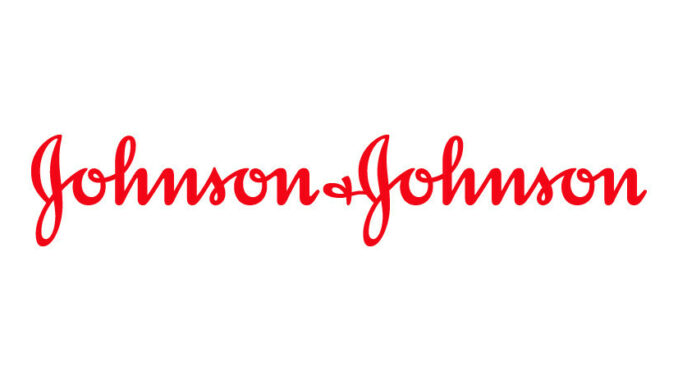
Johnson & Johnson’s decision to not enforce its patent on bedaquiline, a crucial tuberculosis medication, marks a significant win for medical advocacy groups in South Africa. This move allows for the production of cheaper generic versions, potentially saving thousands of lives in a country where TB is the leading cause of death.
The pharmaceutical giant’s concession came after South African authorities launched an investigation into alleged abuse of market dominance. J&J has agreed to drop the price charged to South Africa by about 40%, making the treatment more accessible.
This development sends a strong message to the pharmaceutical industry about prioritizing public health over profits. Activists hope local manufacturers can soon begin producing bedaquiline, complementing existing production in countries like India.
The case highlights the ongoing tension between patent protection and affordable healthcare access. South Africa’s proactive stance in challenging J&J’s pricing policies represents an unusual move against big pharma’s influence.
This precedent could pave the way for similar investigations into patenting strategies for other essential medicines, including treatments for HIV, cancer, and cystic fibrosis. The outcome underscores the importance of holding pharmaceutical corporations accountable for their pricing policies, especially in regions grappling with significant public health challenges.
